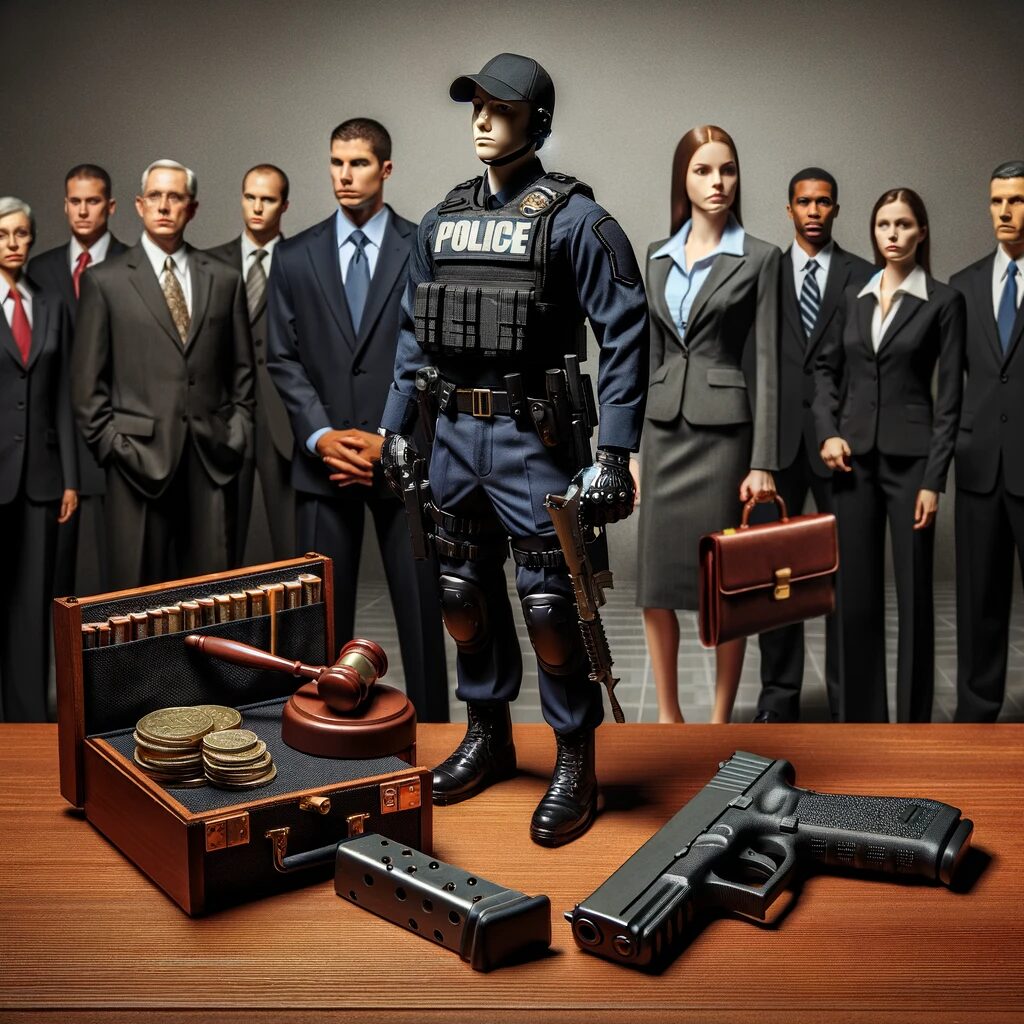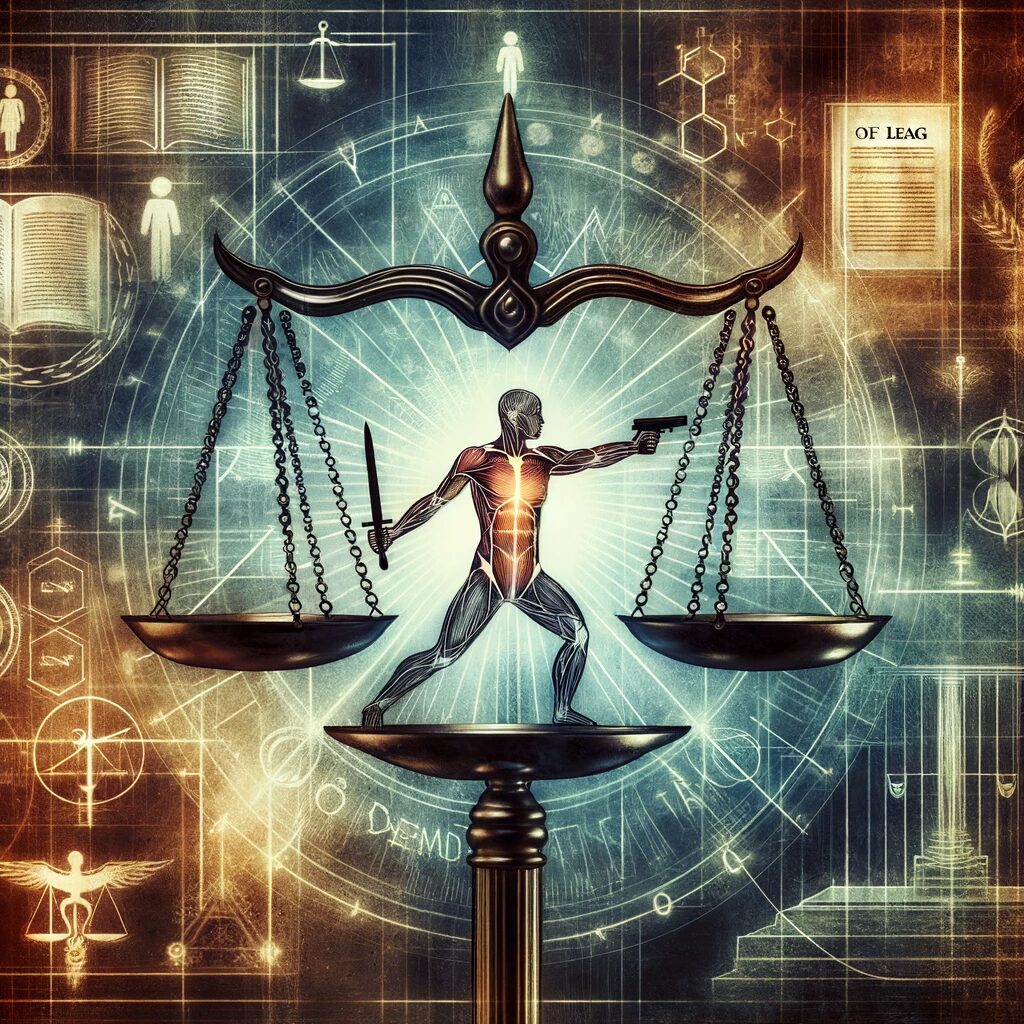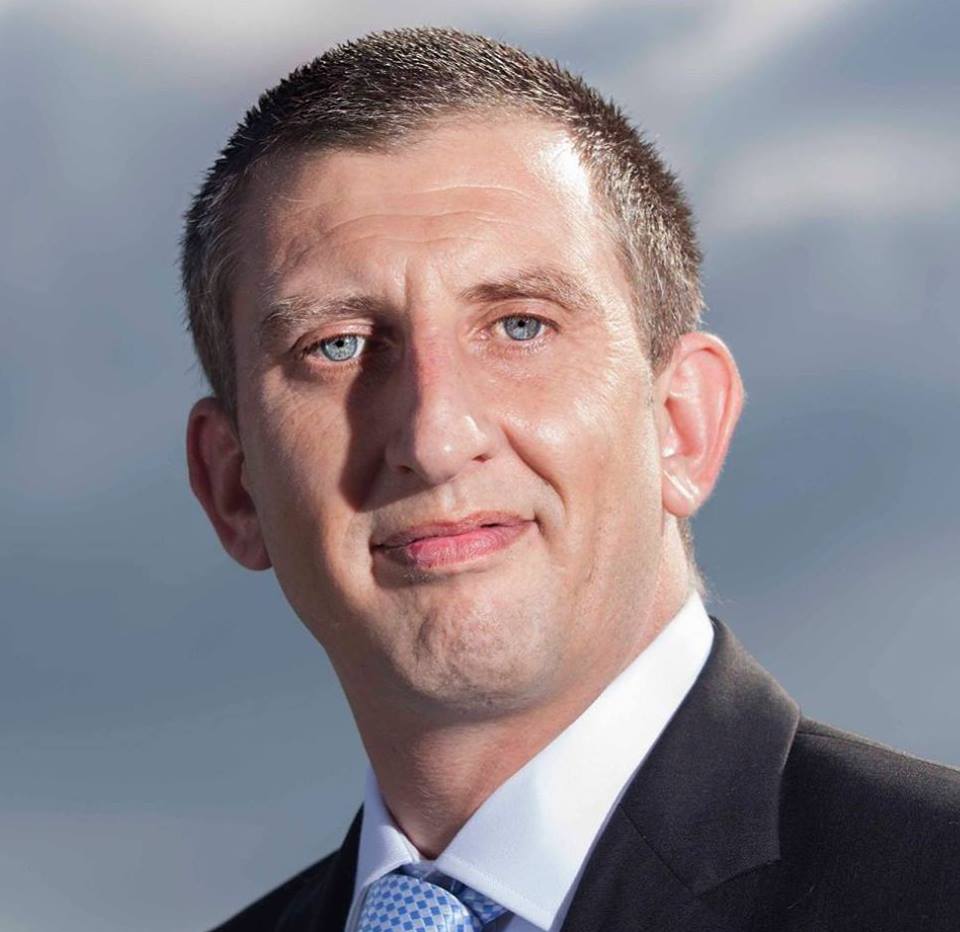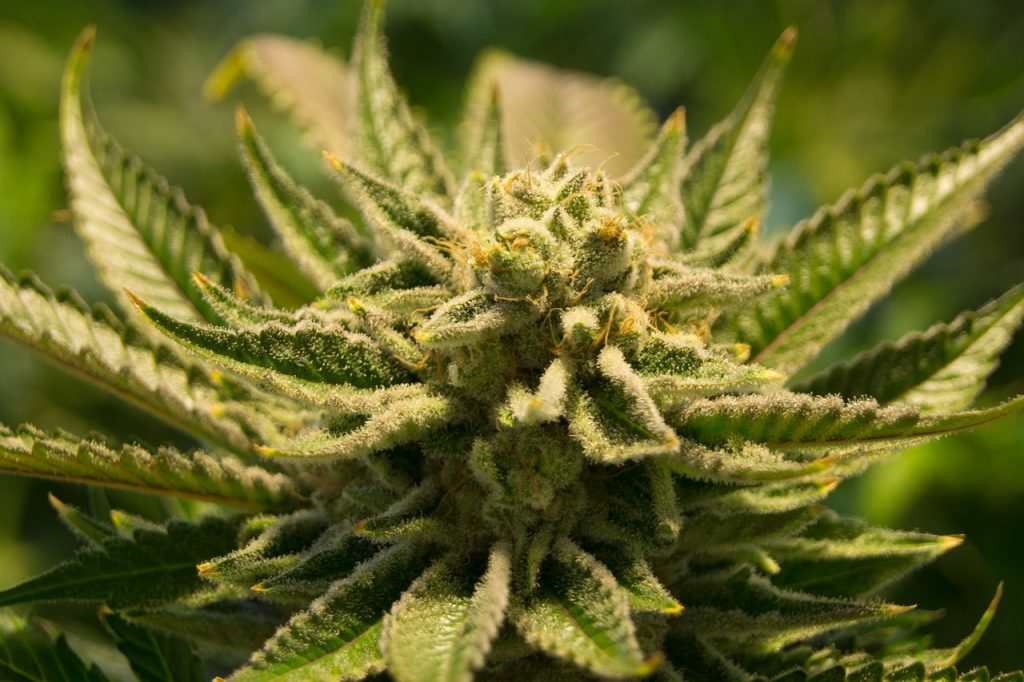
The old saying goes it’s better to be tried by 12 than carried by six. But have you ever really thought of the legal implications of using your gun in self defense?
While the primary focus is often on the immediate physical safety, the legal aftermath of a defensive shooting can be a big problem.
This post aims to explore the legal consequences and necessary actions following a defensive shooting, offering guidance to responsibly armed citizens.
1. Securing the Scene
Immediately after a defensive shooting, your first priority should be safety. Ensure that the threat is neutralized. If safe to do so, provide medical assistance to the injured, including the assailant, and call emergency services.
If possible take photos and video of the scene. Not for Instagram or Facebook Live, but for your defense team later.
2. Dealing with Law Enforcement
When law enforcement arrives, keep your firearm in a safe position and follow officers’ instructions carefully.
It’s crucial to clearly identify yourself as the victim of the incident. However, be mindful of what you say; even innocent statements can be misinterpreted by the lawyers later.
3. Legal Representation
One of your first actions should be to contact a lawyer experienced in self-defense cases. Before giving a detailed statement to the police, it’s advisable to have legal counsel present. They can guide you through the process and help protect your rights.
The best thing you can do right now is to invest in concealed carry insurance and additional cover for a self-defense shooting in your home. This will take a lot of the stress off your hands when the time comes and you’ll have experienced counsel going to bat for you when you really need it.
Navigating the Legal Process
1. Investigation Phase
A defensive shooting will typically trigger a thorough investigation. You may be detained or even arrested as part of this process, depending on the circumstances. Remember, this is standard procedure and not necessarily an indication of guilt.
2. The Role of Prosecutors
The district attorney or prosecutor will review the evidence to decide whether to press charges. They will consider factors like the presence of an immediate threat, your response, and the proportionality of your actions.
Of course these laws vary from State to State, so make sure you know your local laws.
3. Court Proceedings
If charges are filed, the case will proceed to court. This can be a lengthy and stressful process, requiring solid legal representation. Your defense will likely focus on establishing that your actions were in line with self-defense laws.

Self-Defense Laws and Defensive Shooting
Self-defense laws vary significantly from state to state, which can greatly impact the legal aftermath of a defensive shooting. Understanding your state’s laws on self-defense, including Stand-Your-Ground and Castle Doctrine laws, is essential.
Dealing with Civil Litigation
In addition to criminal charges, you may also face civil lawsuits, either from the assailant or their family. These lawsuits seek financial compensation and are separate from any criminal proceedings. Legal defense against civil suits is equally crucial.
The Role of Firearms Legal Defense Programs
Joining a firearms legal defense program can provide valuable support in the event of a defensive shooting. These programs often offer legal advice, representation, and financial assistance for legal fees.
Managing Public Perception and Media Exposure
High-profile defensive shooting cases often attract media attention, which can shape public perception. Be cautious with public statements and social media posts, and consult with your lawyer before making any public remarks.
The Psychological and Emotional Aftermath
The legal challenges are accompanied by psychological and emotional impacts. It’s important to seek support, whether through counseling, support groups, or community resources, to help you cope with the aftermath of a traumatic event.
Long-Term Considerations
The legal aftermath of a defensive shooting can have long-term consequences, including potential changes to your employment, reputation, and personal relationships. Be prepared for these changes and seek professional advice on managing them.
Preparing for the Unexpected
The best preparation for the legal aftermath of a defensive shooting is education and training. Regularly attending self-defense training and firearms training that includes legal education, staying informed about your state’s laws, and having a plan for legal representation are key.
FAQ: Navigating the Legal Aftermath of Defensive Shooting
1. Should I speak to the police after a defensive shooting?
It’s important to identify yourself as the victim to the police and ensure they are aware that you acted in self-defense. However, for detailed statements, it’s advisable to wait until you have legal representation to avoid any misinterpretation of your words.
2. Can I be sued even if the shooting was justified?
Yes, you can be subject to civil lawsuits even if the shooting was legally justified and you are not criminally charged. Civil suits seek financial compensation and are independent of the criminal justice process.
3. How long can the legal process take after a defensive shooting?
The legal process can vary greatly in length, from months to even years, depending on the complexity of the case, the jurisdiction, and the specific details of the incident.
4. How can I prepare for potential legal challenges?
Being educated about your state’s self-defense laws, having a self-defense liability insurance plan, and knowing a competent attorney experienced in self-defense cases are crucial steps in preparing for potential legal challenges.
5. Is there support available for dealing with the aftermath of a defensive shooting?
Yes, there are various forms of support available, including legal defense programs, counseling services, and community support groups. These resources can help you navigate the legal, psychological, and emotional challenges following a defensive shooting.


